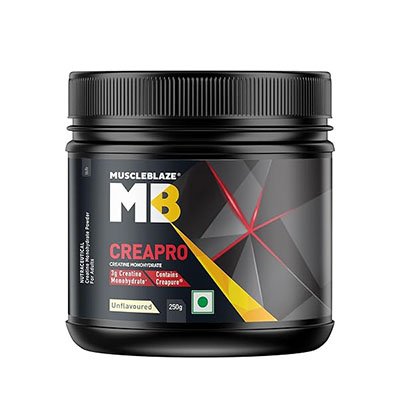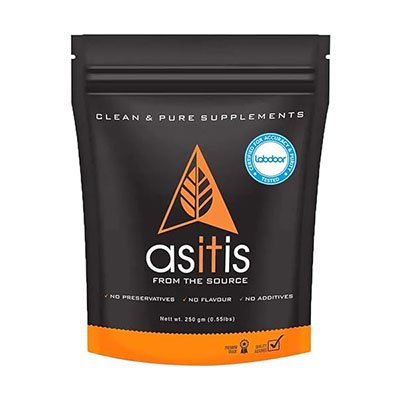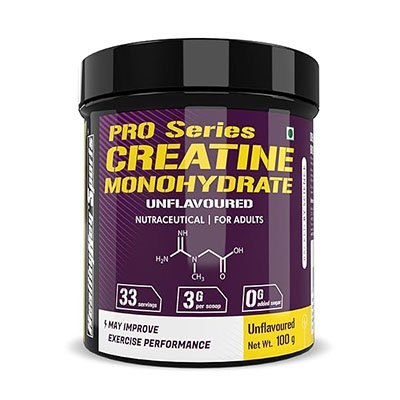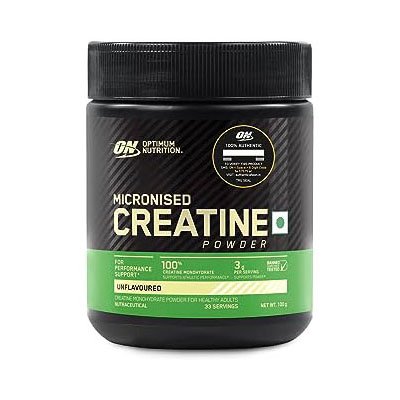What is Creatine
Creatine is a popular dietary supplement commonly used by athletes, bodybuilders, and fitness enthusiasts. It is known for its ability to improve exercise performance and help build muscle. We are proving some major points about creatine.
What is Creatine?
Creatine is a naturally occurring compound found in small amounts in certain foods and synthesized by the body. It is primarily stored in muscles and used as a quick source of energy during high-intensity, short-duration activities.
Creatine is amino acid found in small amounts in some foods and synthesized by the body. It is stored primarily in muscles and used as a quick source of energy during high intensity workout and short duration activities.
Benefits of Creatine Supplementation:
1. Creatine has been shown to enhance your muscle strength, power, and endurance during activities such as weightlifting and sprinting.
2. It may help increase muscle mass when used in conjunction with resistance training.
3. Some studies suggest potential cognitive benefits and neuroprotective effects, particularly for conditions like Parkinson's disease and depression.
4. Some studies suggest that creatine can improve cognition benefits and neuroprotective effects, particularly for conditions such as Parkinson's disease and depression.
Dosage:
You can take 3-5 grams of creatine supplements throughout your life with no side effects, but some athletes also start with a loading phase of 20 grams and then take 3-5 grams in a maintenance phase.
Creatine monohydrate is safest and effective form of creatine which is commonly used over the world. Other forms of creatine - ethyl ester or creatine hydrochloride but there is limited scientific evidence to support their superiority over creatine monohydrate.
You can take creatine at any time throughout the day, but some studies have shown that taking it after a workout has some of the best benefits. Creatine is animal-based foods, so vegetarians and vegans may benefit more from supplementation.
Side Effects:
Although creatine has no side effects, if it is not taken with the right amount of water, it may cause some side effects such as stomach upset, diarrhea, and dehydration.People who already have kidney problems should take creatine only after consulting doctors.
Creatine can be mixed with water or other beverages. There is no specific timing requirement, but many people take it before or after a workout.
Vegetarian and Vegan Considerations:
Creatine is animal-based foods, so vegetarians and vegans may benefit more from supplementation.
Consult a Healthcare Professional:
Before starting any supplement, you should definitely consult a health expert or dietitian.
What is micronizied creatine monohydrate?
Micronized creatine is created when we break down regular creatine monohydrate into much smaller particles. The particles of micronized creatine are 20 times smaller than regular creatine, which causes micronized creatine to dissolve quickly in water and be absorbed by the body very quickly.
Does creatine monohydrate have any side effects?
Creatine monohydrate has no side effects for a healthy person, you can take 3 to 5 grams of it regularly.
Does taking creatine cause hair loss?
A small study in 2009 found that DHT hormone increased in some people after taking creatine, but this research did not say that it caused hair loss problem.





